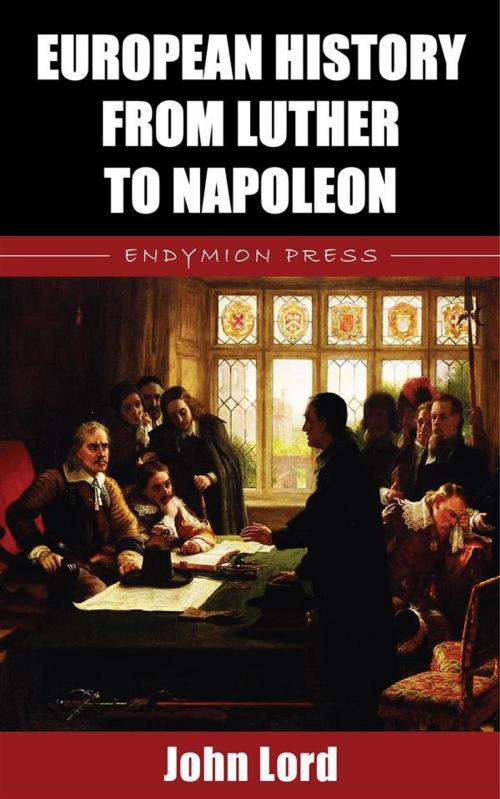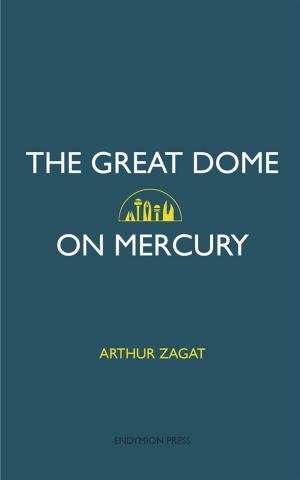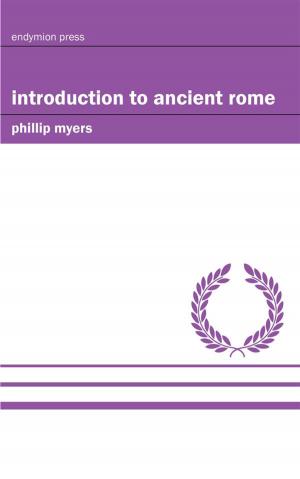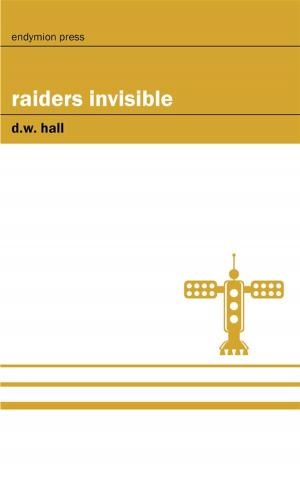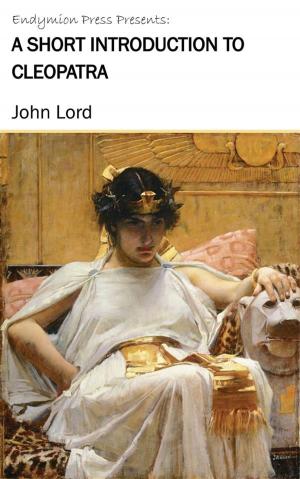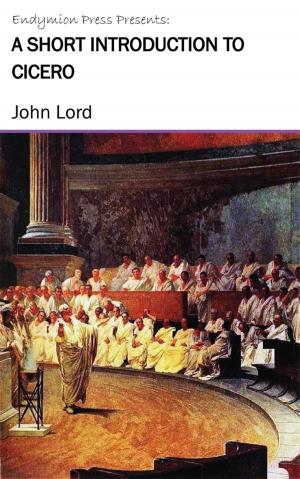European History from Luther to Napoleon
Nonfiction, Reference & Language, Law, Jury, History, Modern, 17th Century| Author: | John Lord | ISBN: | 9781531292386 |
| Publisher: | Endymion Press | Publication: | August 15, 2016 |
| Imprint: | Language: | English |
| Author: | John Lord |
| ISBN: | 9781531292386 |
| Publisher: | Endymion Press |
| Publication: | August 15, 2016 |
| Imprint: | |
| Language: | English |
The period at which this History commences,—the beginning of the sixteenth century,—when compared with the ages which had preceded it, since the fall of the Roman empire, was one of unprecedented brilliancy and activity. It was a period very fruitful in great men and great events, and, though stormy and turbulent, was favorable to experiments and reforms. The nations of Europe seem to have been suddenly aroused from a state of torpor and rest, and to have put forth new energies in every department of life. The material and the political, the moral and the social condition of society was subject to powerful agitations, and passed through important changes.
Great discoveries and inventions had been made. The use of movable types, first ascribed to a German, of Mentz, by the name of Gutenberg, in 1441, and to Peter Schœffer, in 1444, changed the whole system of book-making, and vastly increased the circulation of the Scriptures, the Greek and Latin classics, and all other valuable works, which, by the industry of the monkish copyist, had been preserved from the ravages of time and barbarism. Gunpowder, whose explosive power had been perceived by Roger Bacon as early as 1280, though it was not used on the field of battle until 1346, had completely changed the art of war and had greatly contributed to undermine the feudal system. The polarity of the magnet, also discovered in the middle ages, and not practically applied to the mariner's compass until 1403, had led to the greatest event of the fifteenth century—the discovery of America by Christopher Columbus, in 1492. The impulse given to commerce by this and other discoveries of unknown continents and oceans, by the Portuguese, the Spaniards, the Dutch, the English, and the French, cannot be here enlarged on. America revealed to the astonished European her riches in gold and silver; and Indian spices, and silks, and drugs, were imported, through new channels, into all the countries inhabited by the Teutonic races. Mercantile wealth, with all its refinements, acquired new importance in the eyes of the nations. The world opened towards the east and the west. The horizon of knowledge extended. Popular delusions were dispelled. Liberality of mind was acquired. The material prosperity of the western nations was increased. Tastes became more refined, and social intercourse more cheerful...
The period at which this History commences,—the beginning of the sixteenth century,—when compared with the ages which had preceded it, since the fall of the Roman empire, was one of unprecedented brilliancy and activity. It was a period very fruitful in great men and great events, and, though stormy and turbulent, was favorable to experiments and reforms. The nations of Europe seem to have been suddenly aroused from a state of torpor and rest, and to have put forth new energies in every department of life. The material and the political, the moral and the social condition of society was subject to powerful agitations, and passed through important changes.
Great discoveries and inventions had been made. The use of movable types, first ascribed to a German, of Mentz, by the name of Gutenberg, in 1441, and to Peter Schœffer, in 1444, changed the whole system of book-making, and vastly increased the circulation of the Scriptures, the Greek and Latin classics, and all other valuable works, which, by the industry of the monkish copyist, had been preserved from the ravages of time and barbarism. Gunpowder, whose explosive power had been perceived by Roger Bacon as early as 1280, though it was not used on the field of battle until 1346, had completely changed the art of war and had greatly contributed to undermine the feudal system. The polarity of the magnet, also discovered in the middle ages, and not practically applied to the mariner's compass until 1403, had led to the greatest event of the fifteenth century—the discovery of America by Christopher Columbus, in 1492. The impulse given to commerce by this and other discoveries of unknown continents and oceans, by the Portuguese, the Spaniards, the Dutch, the English, and the French, cannot be here enlarged on. America revealed to the astonished European her riches in gold and silver; and Indian spices, and silks, and drugs, were imported, through new channels, into all the countries inhabited by the Teutonic races. Mercantile wealth, with all its refinements, acquired new importance in the eyes of the nations. The world opened towards the east and the west. The horizon of knowledge extended. Popular delusions were dispelled. Liberality of mind was acquired. The material prosperity of the western nations was increased. Tastes became more refined, and social intercourse more cheerful...
